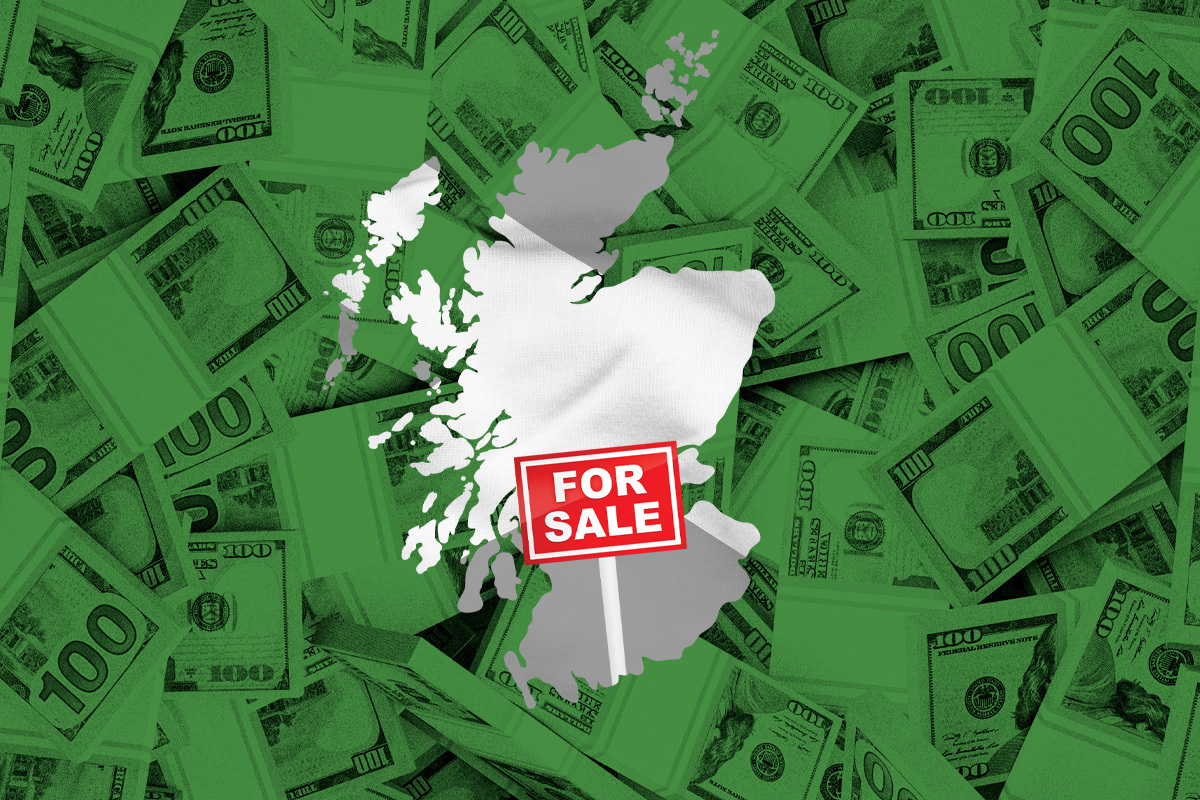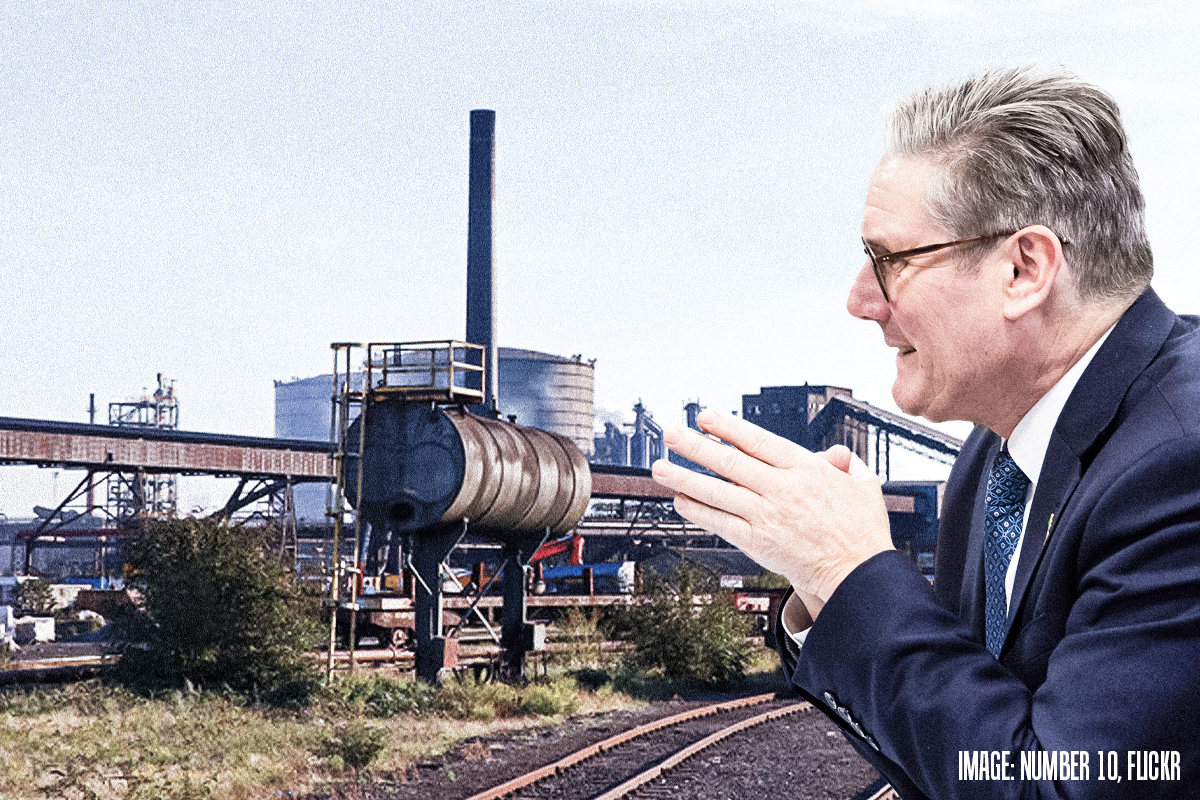Drivers at Uber have achieved an important win, gaining legal recognition as employees. But to secure pay and rights, this court ruling needs to be backed up with organisation and struggle. Workers can only rely on their own strength and power.
Uber drivers have won a massive victory against the ride hailing giant. In a recent landmark court case, judges ruled that the drivers must now legally be treated as workers, not as self-employed individuals.
Last week’s appeal at the Supreme Court was Uber’s last chance to avoid the outcome of an earlier employment tribunal ruling, first made in October 2016.
This is a huge victory for the taxi drivers – and indeed for precarious workers everywhere. It could even have international implications, with Uber facing the same challenge from its drivers in many of the 69 countries in which it operates.
David vs Goliath
The legal verdict – won by James Farrar and Yaseen Aslam – is the culmination of six years of perseverance; a clear testament that fighting back against the bosses pays off. Against a multinational company with millions of pounds and the best lawyers at their disposal, workers have come out on top.
“I think it’s a massive achievement in a way that we were able to stand up against a giant,” said Mr Aslam, president of the App Drivers & Couriers Union (ADCU). “We didn’t give up and we were consistent – no matter what we went through emotionally or physically or financially, we stood our ground.”
This is precisely the fighting attitude that workers’ organisations and their leaders need to show everywhere.
“Uber drivers are cruelly sold a false dream of endless flexibility and entrepreneurial freedom,” James Farrar added. “The reality has been illegally low pay, dangerously long hours and intense digital surveillance.”
“I am delighted that workers at last have some remedy because of this ruling. But the government must urgently strengthen the law so that gig workers may also have access to sick pay and protection from unfair dismissal.”
Now that the fig leaf of ‘self-employment’ has been removed, Uber may have to pay out more than £100 million to drivers, providing holiday pay and a minimum wage, instead of the ‘piece wages’ offered through the gig economy platform.
This could be a real lifeline to many drivers, who have seen fares go down by 80% due to the pandemic, with some earning as little as £30 per day after taking costs into account.
The struggle continues
 Despite this important win, the fight is far from over. As with all judicial matters, the outcome is only as strong as the movement that stands behind it. The verdict has been secured in court. But now workers must remain vigilant and organised to enforce this decision on the ground, against the shenanigans of the bosses.
Despite this important win, the fight is far from over. As with all judicial matters, the outcome is only as strong as the movement that stands behind it. The verdict has been secured in court. But now workers must remain vigilant and organised to enforce this decision on the ground, against the shenanigans of the bosses.
Workers will get minimal help from the state in enforcing this ruling – which, in essence, is just a piece of paper with words on it, unless it is backed up with militant organisation.
Uber is already trying to wriggle out of any responsibility, claiming that it only applies to ‘a small number of drivers’ that used the app in 2016. It is clear that the company will try and compensate as few drivers as possible. But every one of their 90,000 drivers deserves a minimum wage and statutory sick pay.
Uber’s regional general manager Jamie Heywood tried to argue in the newspapers this morning that the court’s decision was “focused on a small number of drivers who used the Uber app in 2016.”
— UPHD (@UPHD_IWGB) February 19, 2021
Speaking in support of the Supreme Court’s decision, TUC general secretary Frances O’Grady stated that: “No company is above the law. Uber must play by the rules and stop denying its drivers basic rights at work.”
But the drivers need more than kind words if they are to see any change in their situation. Trade union leaders need to be actively organising workers across the whole sector.
This means launching a mass campaign to recruit and organise drivers and gig economy workers to the unions. Every precarious worker left unorganised – be it in Uber or Deliveroo – will be raw material for exploitation by the bosses.
O’Grady refers to ‘the rules’. But under capitalism, the ‘rules’ exist to serve the interests of the billionaires, bosses, bankers, and big business. Where legal rights and concessions have been granted, this is only thanks to organisation and struggle.
And even then, without continued organisation and pressure from workers, such rules will be wilfully ignored by the bosses, and by the political establishment that represents them.
The lesson is clear: Workers cannot rely on the courts to deliver justice, but only on their own strength and power.
Flexing muscles
 To be legally classed as ‘workers’ marks a big step forward for Uber drivers and all those caught in bogus ‘self-employment’. But this is only the first in a series of battles. Old challenges will quickly be replaced by new ones.
To be legally classed as ‘workers’ marks a big step forward for Uber drivers and all those caught in bogus ‘self-employment’. But this is only the first in a series of battles. Old challenges will quickly be replaced by new ones.
The truth is, workers everywhere are facing an onslaught. In Britain, over 300,000 were made redundant between August and November in 2020. And from Tower Hamlets council to British Gas: workers in every sector are facing the same ‘fire-and-rehire’ tactics from ruthless bosses.
Whilst celebrating the Uber drivers victory, therefore, we must also not rest on our laurels. We need a generalised fightback across the labour movement against casualisation and worsening pay and conditions.
There is no reason to be despondent, however. The working class is bigger and stronger than it has ever been. And strikes are breaking out in one sector after another, as workers begin to flex their muscles and use this strength.
Workers’ control
 The Labour Party has an important role to play in this too. Firstly, Labour should fully support the Uber drivers in their fight for compensation. But furthermore, the party should take the political lead on the question of workers’ rights.
The Labour Party has an important role to play in this too. Firstly, Labour should fully support the Uber drivers in their fight for compensation. But furthermore, the party should take the political lead on the question of workers’ rights.
Labour should act as the political voice of the working class. This means demanding a living wage for all workers, alongside holiday pay and full sick pay. And it means fighting to end the hated anti-trade union laws that hold workers back from organising and striking.
The demand for proper sick pay and stronger workers’ rights has even greater resonance in the midst of the pandemic. Precarious workers have been unable to self-isolate when sick, for example. And callous bosses have forced employees in non-essential businesses to come into work during the lockdown.
Alongside these demands for greater protection for workers, Labour and the unions should also be making the case for all gig economy companies to be brought into public ownership. This means putting ‘platforms’ such as Uber and Deliveroo under workers’ control, and running them as services for social need, rather than for the profits of shareholders and CEOs.
Only by taking power out of the hands of the bosses, and putting organised workers in control as part of a socialist economic plan, can we stop the race to the bottom in terms of wages and conditions.
Like all bosses, Uber won’t give anything away for free. Drivers have won the right to employee status. Now the unions must organise across the whole sector and prepare for an offensive to make those rights a reality.






